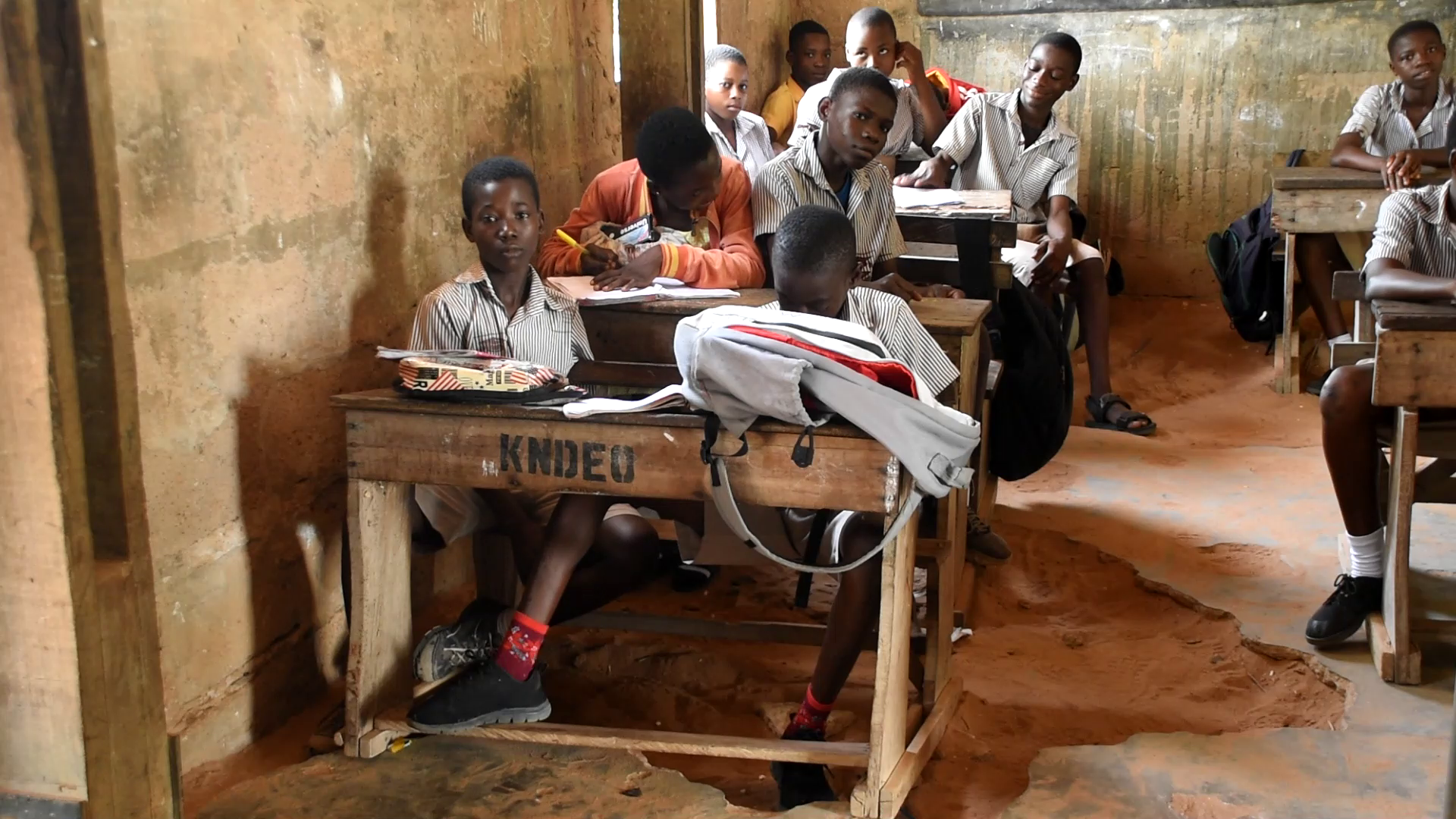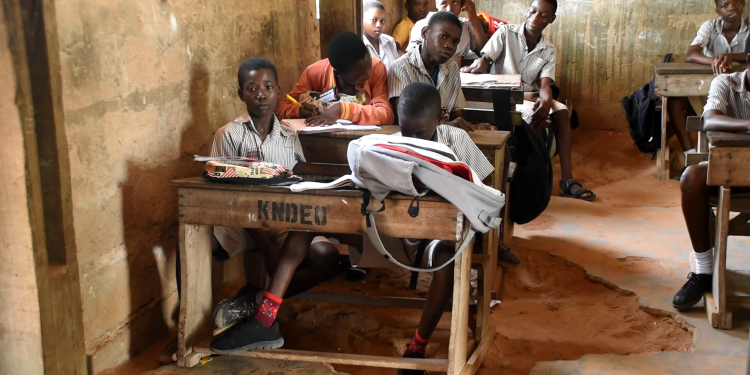
As Ghana approached its presidential and parliamentary elections on December 7, 2024, the then-presidential candidate (now president-elect), H.E. John Dramani Mahama, released a document titled Mahama’s First 120 Days Social Contract with the People of Ghana. This document followed the publication of The Resetting Ghana: Jobs, Prosperity, and Accountability Manifesto of the NDC (2024).
The ninth item in the twenty-six-point document focuses on education. It proposes convening a national consultative conference to build consensus on the necessary improvements to the sector. While this plan to engage in a national dialogue about education is refreshing, it is crucial to acknowledge that education encompasses several levels: Early Childhood Education (ECE), Primary Education (PE), Junior High School (JHS), Free Senior High School (SHS), Technical and Vocational Education and Training (TVET), and Tertiary Education (undergraduate, postgraduate, and professional education). Thus, the national conversation must address each phase of education in its unique context rather than treating education as a monolithic sector.
In this context, I resonate with provision 5.1.1 of the NDC’s 2024 Manifesto, which promises to introduce the Bright Beginnings Initiative to revive and repurpose early childhood education (ECE) for the well-being of Ghanaian children, facilitating seamless integration into continuous schooling and lifelong learning. The manifesto outlines an eleven key targets for achieving this initiative:
- Initiate a policy to integrate early childhood education into basic education with appropriate infrastructure support.
- Establish a Department for Early Childhood Development under the Ministry of Education to promote ECE.
- Launch a National Edu-Care Programme (NEP) to create early learning facilities in workplaces for working parents.
- Create Ghana Pre-schools Online (GPO) to enhance literacy and numeracy for nursery and kindergarten children using multimedia tools.
- Review early childhood curricula to develop a value-based curriculum emphasizing psychomotor skills and basic life skills.
- Significantly improve the pupil-to-textbook ratio.Invest in comprehensive professional development programs for early childhood educators.
- Institutionalize and promote the use of first languages (L1) as the medium of instruction in early education.
- Incorporate indigenous knowledge, traditions, and stories into teaching materials to make learning meaningful.
- Promote digital content for supplementary early childhood learning materials.
- Introduce courses in tertiary institutions to train early childhood facilitators.
- While I may not have full access to the data or rationale underpinning these targets, I urge the Consultative Conference on Education to explore and build consensus on what constitutes “quality” in early childhood education and other phases of education. The definition of “quality” will serve as the foundation for the initiative’s success.Defining ‘Quality’ in ECE
- ‘Quality’ in early childhood education can vary significantly depending on stakeholders—children, parents, teachers, government, and researchers. It is imperative for the government to lead by defining its vision of ‘quality’ in ECE and its practical implementation.
Without a clear purpose and desired outcomes for the Bright Beginnings Initiative, the program risks failure.
Perspectives on Quality
- School Readiness:
This perspective focuses on ensuring children acquire specific knowledge, understanding and skills before entering Primary One. Currently, the Ghana Education Service’s vision for school readiness lacks alignment with implementation strategies. If this vision is to anchor the Bright Beginnings Initiative, drastic changes in strategy are needed. For instance, UNESCO’s 2022 report highlighted that 80% of Ghanaian children fail to acquire basic literacy and numeracy skills by the end of primary school. Addressing school readiness is crucial to reversing this trend.
2. Structural Quality:
Structural quality involves measurable factors such as class size, teacher qualifications, teacher-to-child ratios, government funding, and curriculum design. Legislation should cap the number of children per teacher and guarantee minimum attendance hours for all children. Funding should extend to private ECE settings for families that opt for private education. Attendance compliance must also be enforced through legislation.
3. Process Quality:
This focuses on children’s everyday experiences, including social, emotional, physical, and instructional interactions. Ghana must develop culturally specific tools to measure teaching effectiveness and learning environments. Globally, tools like the Environmental Rating Scale (ERS) and Sustained Shared Thinking and Emotional Well-being Scale (SSTEW) assess these aspects. Ghana’s Bright Beginnings Initiative should include the development of such tools.
4. Reflexivity Quality:
Reflexivity quality emphasizes continuous reflection and improvement by practitioners. Teachers’ ongoing dialogue about theory and practice enhances learning experiences. National policies must include robust induction programs for ECE teachers and continuous professional development. Field-based ECE coordinators should visit settings to demonstrate best practices.
5. Regulatory Regime:
Regulatory regimes set quality standards for ECE settings. Ghana’s current regulatory framework excludes ECE settings from oversight. Reforming the National School Inspectorate Authority (NaSIA) to include ECE and ensuring qualified coordinators manage the sector are critical steps.
Conclusion
Quality in ECE has many facets. Ghana must reflect on these perspectives in its national policies to maximize the benefits of early childhood education for children and the country’s future. I look forward to the Consultative Conference on Education and the implementation of the Bright Beginnings Initiative under the leadership of the new government.
By: Komla Zafa Dartey (EYP, England)
SE25 South London, England.
DISCLAIMER: The Views, Comments, Opinions, Contributions and Statements made by Readers and Contributors on this platform do not necessarily represent the views or policy of Multimedia Group Limited.
- President Commissions 36.5 Million Dollars Hospital In The Tain District
- You Will Not Go Free For Killing An Hard Working MP – Akufo-Addo To MP’s Killer
- I Will Lead You To Victory – Ato Forson Assures NDC Supporters
Visit Our Social Media for More




